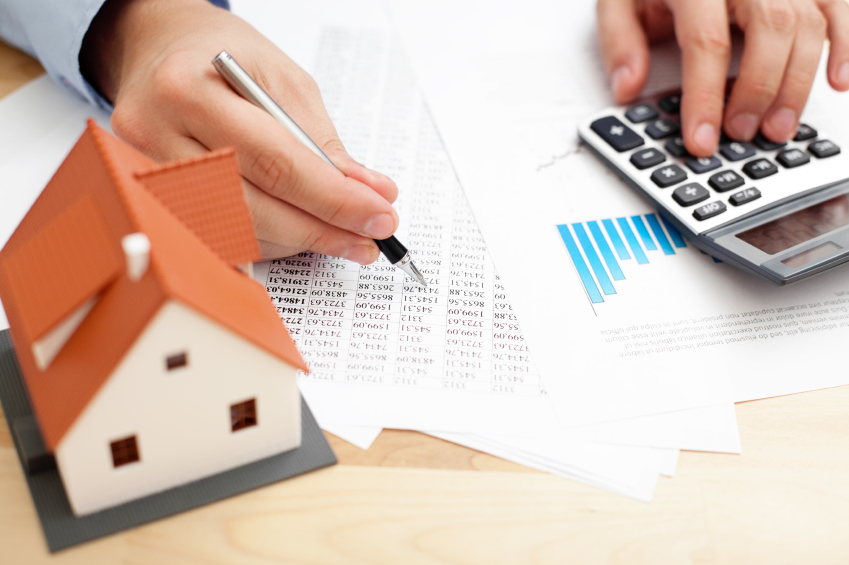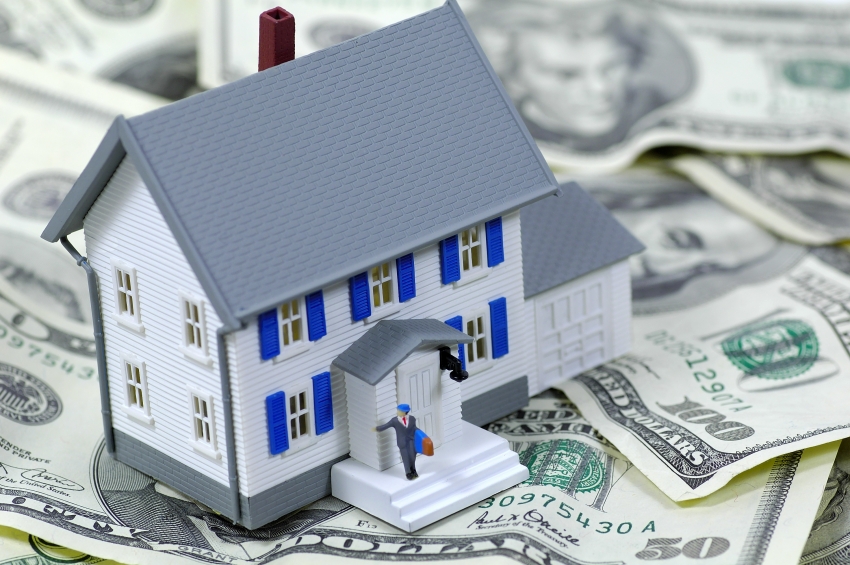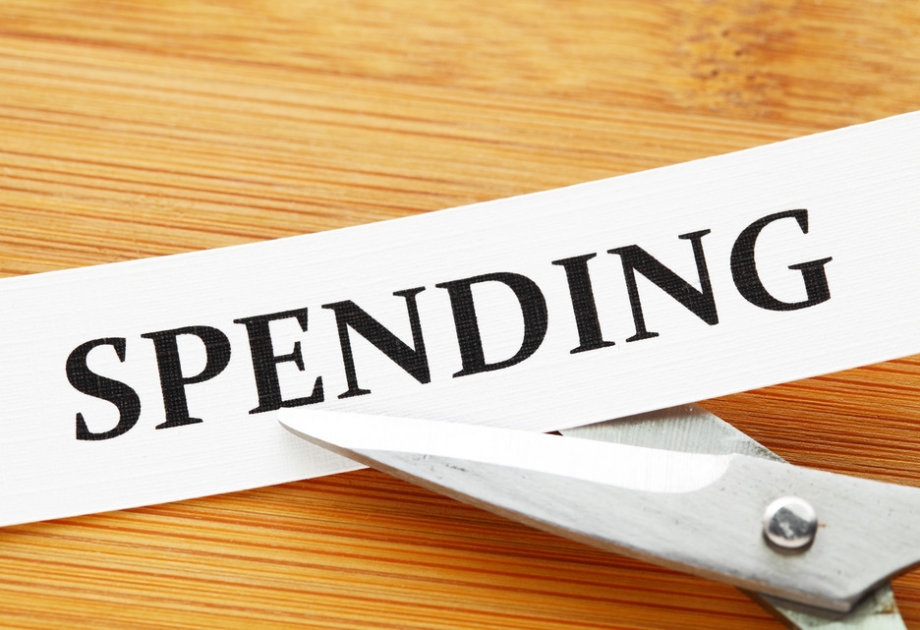Homeownership is a dream that many Singaporeans have. However, the cost and effort that goes into completing the process while also making smart decisions about borrowing options can be overwhelming. The first step down the path of making a wise investment, though, is knowing what to expect. That includes so-called hidden fees, how much cash you’ll need to have on hand, and how your debt to income ratio impacts your ability to obtain a loan.
1. Estimating the Costs before You Shop
When considering buying properties through mortgage, your first stop should be Property Guru, a leading housing portal based out of Singapore, with exclusive offers from leading banks. For example, borrowers who take out a mortgage not only require a cash down payment, but will also need to be ready to pay other fees associated with purchasing a home, such as lawyer expenses and valuation costs. The impact of SIBOR on your payment should also be taken into account, especially as it continues to rise from the rates that started in 2008. All of these are essential elements that go into to determining what the actual, final cost of purchasing a home will be and shouldn’t be ignored.
2. When you’re looking to Refinance
If you’re already a homeowner, like many Singaporeans after 2008, refinancing your mortgage might seem like an attractive option. If you’re going to go down this route, one thing you need to take into account is your Total Debt Servicing Ratio (TDSR). Currently, the government implemented TDSR requirement dictates that home loans can only comprise 60 percent of the homeowner’s monthly income. They suggest trying to find ways to improve your TDSR before refinancing or purchasing for the first time, such as paying off other debts to make your ratio more attractive to lenders.
3. When You’ll Need Cash Up Front
According to Money Smart, you can expect a down payment on a property to be 20 percent of the purchase price, though HBD housing can be closer to 10 percent. Money Smart also warns that there are nonrefundable fees, such Option to Purchase and legal fees. In other words, if the deal falls through, then these are sums you won’t get back.
Other types of fees include:
– Buyer’s Agent: Usually one percent of the purchase price
– Stamp Duty on Mortgage Documents: Paperwork used to secure a mortgage
– Option Fee and Option Exercise Fee: These fees apply to HBD housing, and are determined by negotiations between buyer and seller after the option to buy has been established, and then a deposit is made.
– Valuation Fee: The cost of having the property professionally evaluated to produce the valuation report necessary for purchase in certain cases.
All of these expenses are part of the purchase process, so you should sit down beforehand and prepare a budget. Make sure you can really afford to pay all the necessary fees, down payment, and then handle the mortgage, before you make a commitment that can last for decades.
4. How the Underwriting Process Happens
Underwriting is when the bank assesses how loan-worthy you are. This is done by examining your financial portfolio, your debt to income ratio, and other factors in order to ultimately determine how likely it is that you’ll default on the loan. The more borrowers there are that default on loans, the bigger the hit that the bank takes. This also impacts what kind of rates you’ll see, but those have also become more predictable in recent years.
According to TODAY, the government’s introduction of TDSR in 2013 has made the buying process more transparent and functional overall. Another benefit for consumers is that, given the fact that the underwriting process has become more standardized, you can more effectively predict how the market will behave. If you don’t meet the TDSR requirement, you’ll also want to wait until you’re in a better position financially to start on the path to homeownership.
5. Simple Tactics to Save You Money
Once you’ve gone through the pains of finally closing the purchase of a property, you may find yourself in a bind when you’re ready to decorate. However, there’s a better way to live than choosing between going broke as you furnish your home with expensive items you can’t afford, or doing the opposite and living with only the bare minimum. Reports indicate that homeowners have found success with online shopping sites, rather than spending potentially thousands of dollars to outfit homes in desirable styles. Many alternate, cheaper versions of the expensive accoutrements can be found on ecommerce sites.
Although the real estate market in Singapore has taken a hit in the last decade just like the rest of the global economy, predicting when to lock in on the best rates has become easier. Whether you’re a fledgling homeowner, or you’re looking to refinance your mortgage, the two primary things to consider are the fluctuations of SIBOR and your own TDSR.












